Table of Contents
- Introduction
- Protein Intake
- Carbohydrates Consumption
- Healthy Fats
- Hydration
- Supplementation
- Exercise Routine
Introduction
When it comes to building muscle and losing fat, your diet plays a crucial role in achieving your fitness goals. In this article, we will discuss a comprehensive diet plan that can help you achieve both muscle gain and fat loss simultaneously.
Protein Intake
Protein is essential for muscle growth and repair. Aim to consume 1-1.5 grams of protein per pound of body weight daily. Include sources such as lean meats, fish, eggs, and plant-based protein options like beans and legumes in your diet.
Protein is an essential nutrient that plays a key role in muscle building and fat loss. In order to effectively build muscle and burn fat, it is important to include an adequate amount of protein in your diet.
For muscle gain, it is recommended to consume 1.2-2.2 grams of protein per kilogram of body weight per day. This will provide your muscles with the necessary building blocks to grow and repair after workouts.
For fat loss, protein can help to increase satiety and promote muscle retention, which can aid in maintaining a healthy metabolism. It is also important to note that protein has a higher thermic effect compared to carbohydrates and fats, meaning that the body burns more calories digesting protein.
Good sources of protein include lean meats, poultry, fish, eggs, dairy products, legumes, nuts, and seeds. It is important to spread your protein intake throughout the day to support muscle protein synthesis and prevent muscle breakdown.
Incorporating protein-rich foods into your diet plan can help you achieve your muscle gain and fat loss goals effectively. Remember to consult with a healthcare professional or nutritionist to determine the appropriate amount of protein for your individual needs.
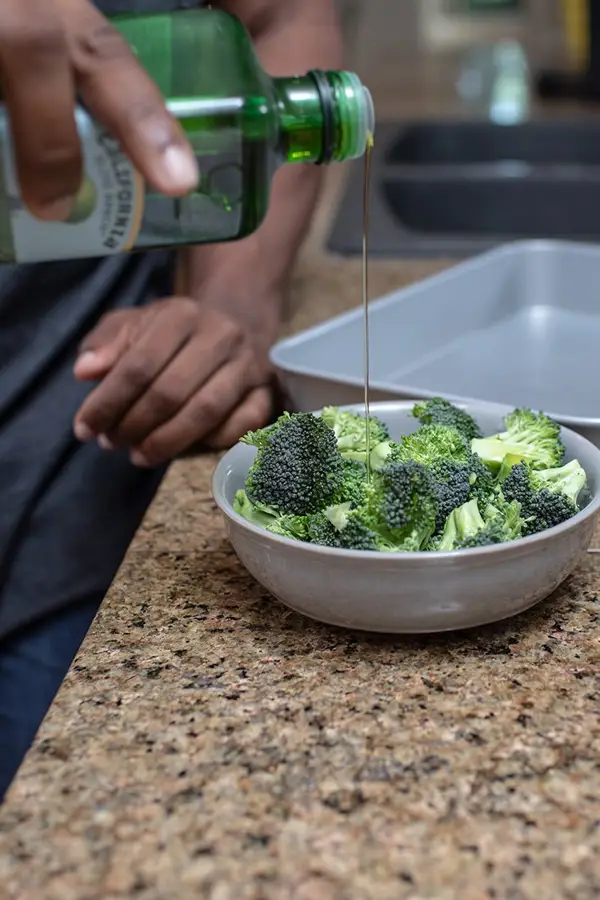
Carbohydrates Consumption
Carbohydrates are your body's primary source of energy, especially during intense workouts. Focus on complex carbs like whole grains, fruits, and vegetables to fuel your workouts and support muscle growth.
Carbohydrates are an essential part of any diet plan, especially when aiming to gain muscle and lose fat. They provide the body with a quick source of energy for workouts and help replenish glycogen stores in the muscles post-exercise. It is important to include complex carbohydrates such as whole grains, fruits, and vegetables in your diet, as they release energy slowly and keep you feeling fuller for longer.
It is recommended to consume carbohydrates before and after workouts to fuel your muscles and aid in recovery. However, it is also important to monitor your intake and adjust based on your individual goals and activity level. It is advised to focus on quality sources of carbohydrates rather than refined and processed foods, which can lead to spikes in blood sugar levels and contribute to fat gain.
In conclusion, incorporating carbohydrates into your diet plan is crucial for building muscle and burning fat effectively. Be sure to include a variety of complex carbohydrates in your meals to support your fitness goals and overall health.
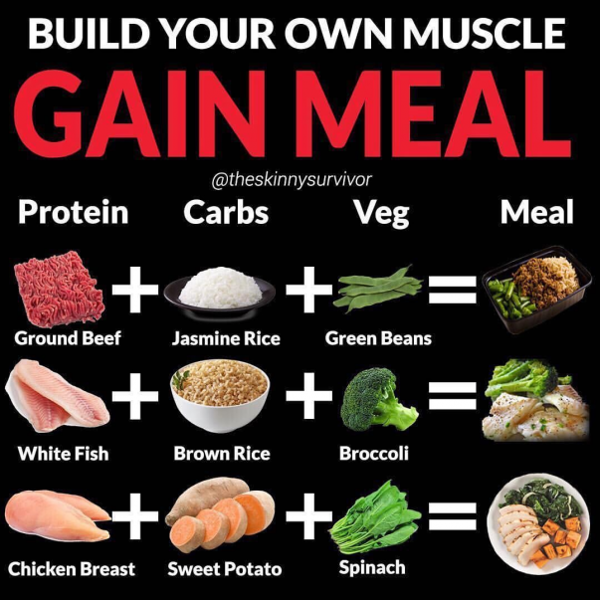
Healthy Fats
Healthy fats are crucial for hormone production and overall health. Include sources like avocados, nuts, seeds, and olive oil in your diet to support fat loss and muscle gain.
Healthy Fats in Diet Plan for Muscle Gain and Fat Loss
When it comes to achieving your fitness goals, incorporating healthy fats into your diet can be key for both muscle gain and fat loss. Contrary to popular belief, not all fats are bad for you. In fact, healthy fats are essential for a balanced diet and can help support your fitness journey.
Healthy fats, such as those found in avocados, nuts, seeds, and fatty fish, are important for maintaining overall health and wellness. These fats provide a concentrated source of energy, help with the absorption of fat-soluble vitamins, and support hormone production. Additionally, healthy fats can help you feel full and satisfied, which can prevent overeating and support weight management.
When it comes to muscle gain, healthy fats are crucial for supporting muscle growth and repair. They can help provide a source of energy during intense workouts and aid in the recovery process post-exercise. Including healthy fats in your diet can also help reduce inflammation, which is important for muscle recovery and overall performance.
For those looking to lose body fat, healthy fats can also be beneficial. They can help regulate blood sugar levels, reduce cravings, and support metabolic function. By incorporating healthy fats into your diet plan, you can promote satiety and reduce the risk of overeating, which can support fat loss goals.
In conclusion, healthy fats are an important component of a balanced diet for both muscle gain and fat loss. By including a variety of healthy fats in your meals, you can support your fitness goals and improve overall health and wellness.
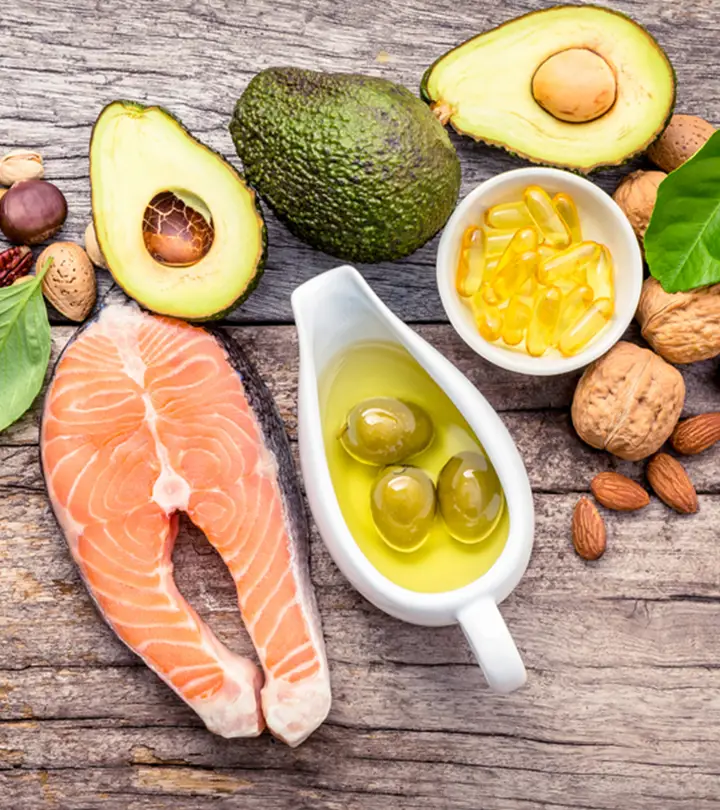
Hydration
Proper hydration is key for optimal muscle function and fat loss. Aim to drink at least 8-10 glasses of water daily, and more if you are exercising vigorously or in hot weather.
Hydration is a crucial component of any diet plan, especially for those looking to gain muscle and lose fat. Proper hydration can help improve overall performance, recovery, and metabolism.
Importance of Hydration
Water is essential for numerous bodily functions, including nutrient absorption, digestion, and waste removal. Staying properly hydrated can also help prevent muscle cramps, fatigue, and dehydration during workouts.
Tips for Staying Hydrated
1. Drink at least 8-10 glasses of water per day.
2. Carry a water bottle with you throughout the day to remind yourself to drink.
3. Consume hydrating foods such as fruits, vegetables, and soups.
4. Avoid sugary drinks and excessive caffeine, as they can dehydrate the body.
Hydration and Exercise
Proper hydration is even more critical when engaging in intense physical activity. Make sure to drink water before, during, and after workouts to maintain optimal performance and recovery.
Hydration plays a vital role in any diet plan for muscle gain and fat loss. By staying properly hydrated, you can support your body's functions, improve performance, and achieve your fitness goals more effectively.

Supplementation
While a well-rounded diet should provide most of your nutritional needs, supplements can be beneficial. Consider adding whey protein, creatine, and omega-3 fatty acids to support muscle growth and fat loss.
When it comes to building muscle and losing fat, diet is a key factor. Along with a balanced diet, supplementation can play a crucial role in achieving your fitness goals. Here are some key supplements that can help support muscle gain and fat loss:
- Protein powder: Protein is essential for muscle growth and repair. Supplementing with protein powder can help you reach your daily protein goals and support muscle recovery.
- Creatine: Creatine is a popular supplement known for its ability to increase muscle strength and power, making it ideal for those looking to build muscle. It may also help with fat loss by increasing energy levels during workouts.
- BCAAs (Branched-Chain Amino Acids): BCAAs are essential for muscle protein synthesis and can help prevent muscle breakdown during intense workouts. They can also support fat loss by helping to preserve muscle mass while on a calorie deficit.
- Omega-3 fatty acids: Omega-3s are important for overall health and can support fat loss by reducing inflammation and improving insulin sensitivity.
- Green tea extract: Green tea extract contains compounds that can boost metabolism and aid in fat loss. It may also provide antioxidant benefits for overall health.
Remember, supplements should be used in conjunction with a balanced diet and regular exercise to maximize results. Consult with a healthcare provider or nutritionist before starting any new supplement regimen.
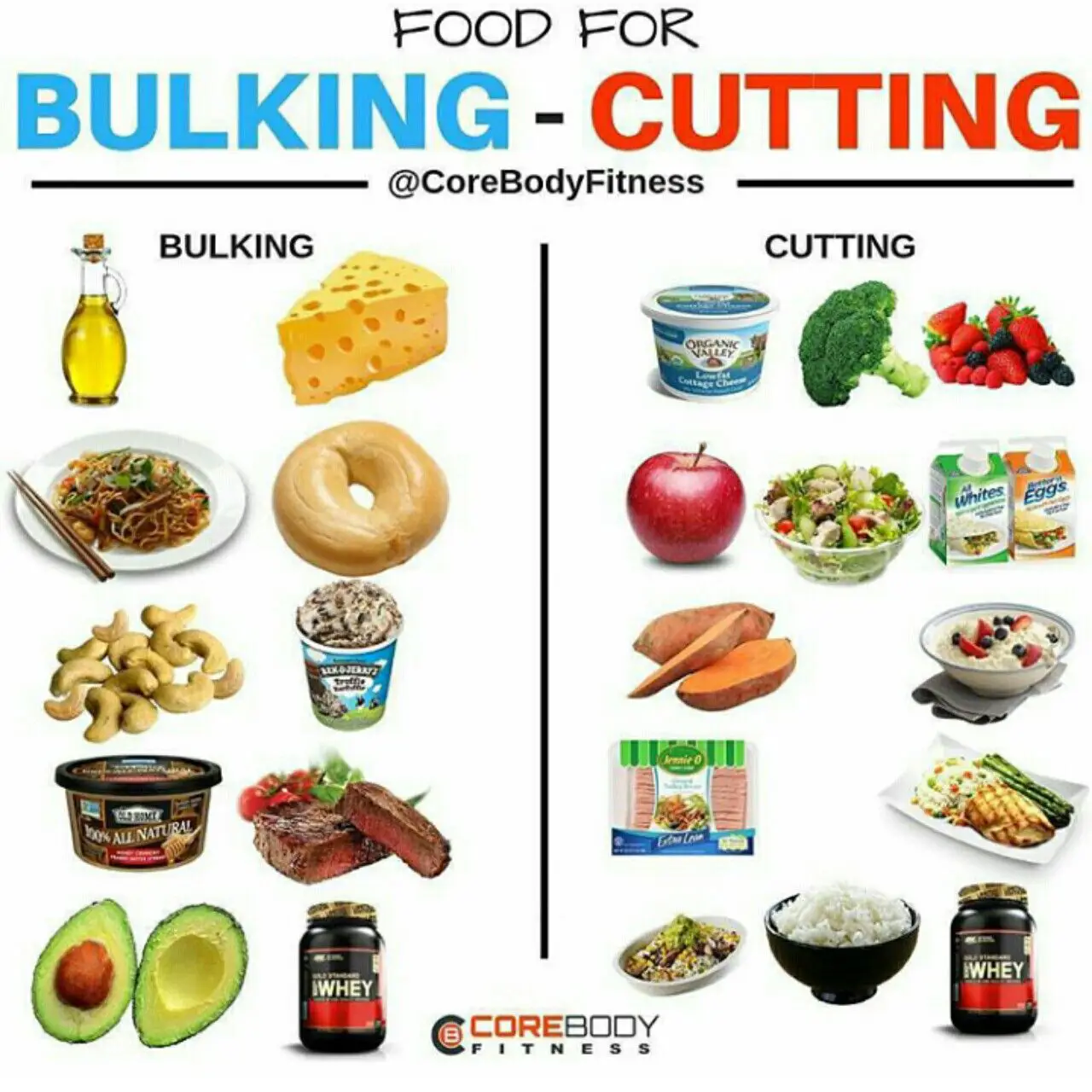
Exercise Routine
In addition to a proper diet, a consistent exercise routine is essential for muscle gain and fat loss. Incorporate a mix of strength training and cardiovascular exercises into your weekly routine to see optimal results.
Exercise Routine in Diet Plan for Muscle Gain and Fat Loss
When it comes to achieving your fitness goals of muscle gain and fat loss, having a well-rounded exercise routine is crucial. While diet plays a significant role in weight management, regular physical activity is essential for building muscle mass and burning excess body fat.
Here are some key components to include in your exercise routine for optimal results:
- Strength Training: Incorporate strength training exercises such as weightlifting, resistance band workouts, and bodyweight exercises into your routine. Focus on targeting different muscle groups each day to promote muscle growth and increase metabolism.
- Cardiovascular Exercise: Incorporate cardio workouts such as running, cycling, swimming, or high-intensity interval training (HIIT) to burn calories and improve cardiovascular health. Aim for at least 150 minutes of moderate-intensity cardio per week.
- Flexibility and Mobility: Don't forget to include stretching exercises to improve flexibility and prevent injury. Incorporate activities such as yoga or Pilates to maintain overall body strength and mobility.
- Rest and Recovery: Give your body adequate time to rest and recover between workouts. Listen to your body and allow for enough sleep, hydration, and nutritious food to support muscle repair and growth.
Remember that consistency is key when it comes to seeing results in muscle gain and fat loss. Be sure to consult with a fitness professional or a nutritionist to tailor an exercise routine that best suits your goals and lifestyle.

Key Takeaways
- Protein intake is crucial for muscle growth and repair.
- Focus on complex carbs to fuel your workouts and support muscle growth.
- Incorporate healthy fats into your diet for hormone production and overall health.
- Stay hydrated to support muscle function and fat loss.
- Consider supplementation to support your fitness goals.
- Combine a proper diet with a consistent exercise routine for optimal results.
FAQ
1. Can I gain muscle and lose fat at the same time?
Yes, with the right diet and exercise plan, it is possible to achieve both muscle gain and fat loss simultaneously.
2. How much protein should I consume daily?
It is recommended to consume 1-1.5 grams of protein per pound of body weight to support muscle growth.
3. Do I need to take supplements to see results?
While supplements can be beneficial, a well-rounded diet should provide most of your nutritional needs. Consult with a healthcare professional before starting any new supplements.
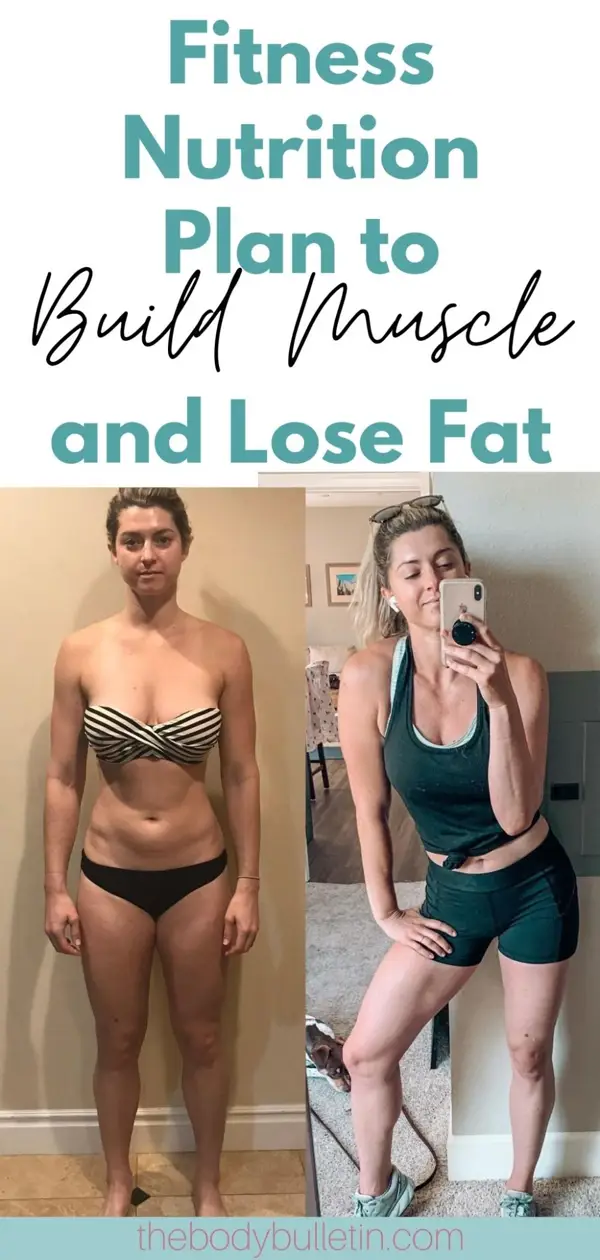


Recent Comments